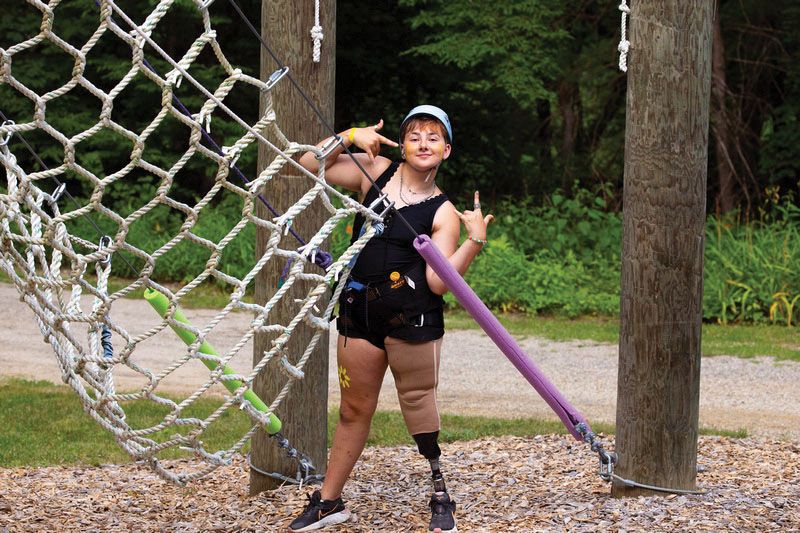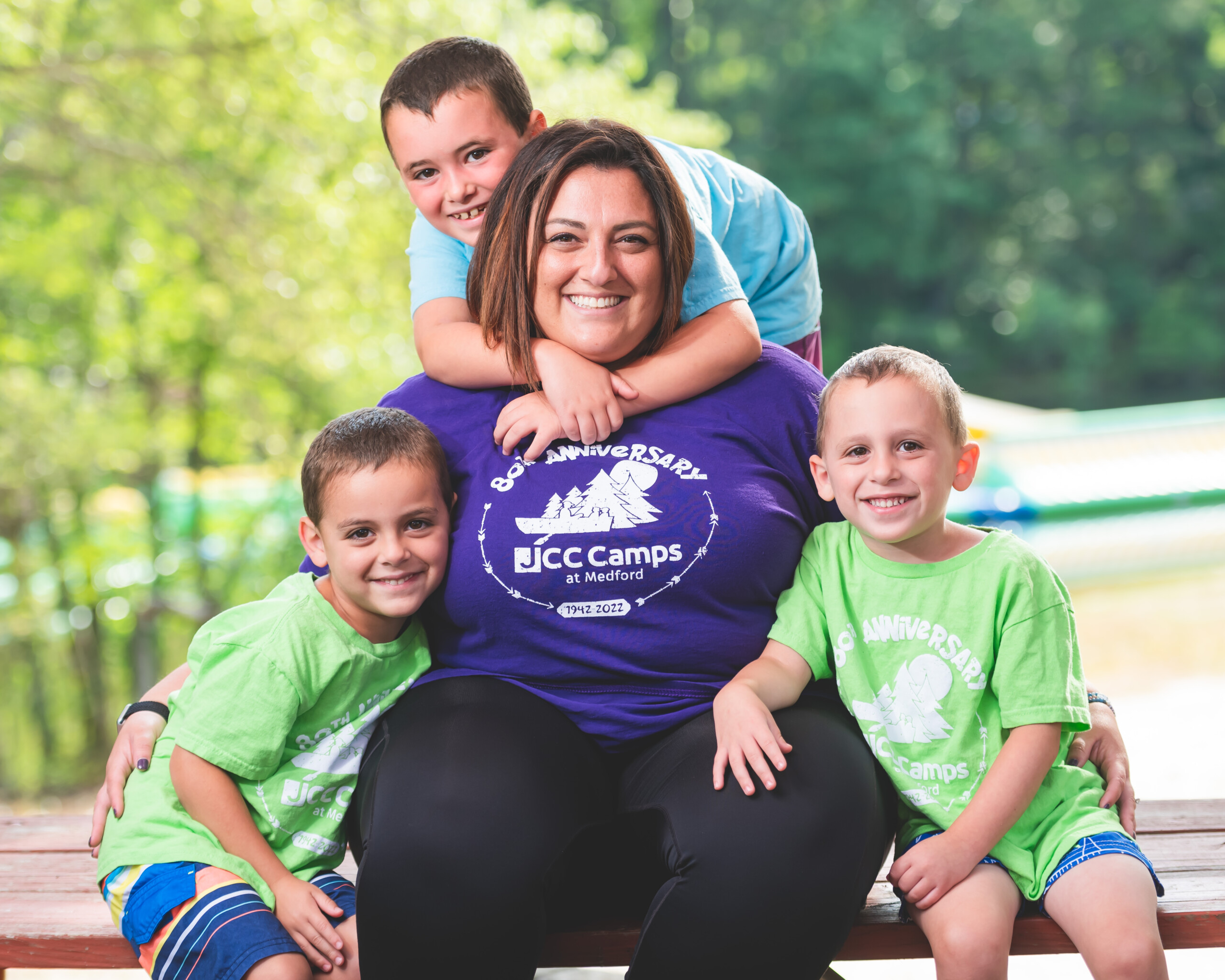If you want your kids to grow into environmentally responsible citizens, tell them to go play in the dirt. That’s the message of a Cornell University study that found children who participated in “wild” nature activities such as hiking, camping and playing in the woods were more likely to have pro-environmental attitudes and behaviors as adults.
Mark Fallon, a naturalist at Briar Bush Nature Center in Abington, PA, says that his goal is to get children outside so they can build an attachment with the outdoors. “Research shows that people who work in conservation and environmental protection all have one thing in common: They all had formative experiences playing in natural settings,” he says
Nature-Deficit Disorder
Richard Louv, co-founder of the Children & Nature Network coined the term “nature-deficit disorder” in his national bestseller, Last Child in the Woods (Algonquin Books, $14.95). He links a lack of nature experiences to rises in childhood obesity, attention disorders and depression.
In an article for the American Camp Association, Louv says, “My call to reconnect children to nature is also an invitation to protect and nurture the spiritual lives of children and adults, and ultimately to protect the natural world.”
While camp has always been a place for children to reconnect with nature, now children can also learn how to protect the natural world at camps that build eco-friendly or “green” thinking into their activities and facilities.
In Briar Bush’s Eco-Kids in Action, a one-week day camp for grades 2-3, naturalists take campers on field trips to wind farms, water treatment plants and paper recycling centers. Activities, such as building a wind-powered model car, teach kids about renewable energy, water conservation and waste reduction.
Earth Day, Every Day
Children become environmental scientists for a week in the Pennsylvania Resources Council’s Earth Action Squad, a day camp for ages 10-12 in Ridley Creek State Park. Siobhan Lynam, PRC’s manager of environmental education, says her goal is to help kids learn how greener lifestyle choices, such as a zero-waste lunch packed in reusable containers, can help the environment.
“Before kids can understand alternative energy, they need to know where electricity comes from,” says Lynam. “On one day we teach them how to make an electric generator, then we let them create their own inventions and find ways to power their inventions. They love to learn that this is what real-life scientists do: figure out new, sustainable energy sources for power. On another day we learn what water testing can tell us about the health of the ecosystem.”
At the Arts Center in Wilmington’s Bellevue State Park, children ages 10-12 can become Keepers of the Earth in a day camp that explores environmental stewardship principles such as Leave No Trace; Earth Day, Every Day; and Reduce, Reuse,Recycle.
Reduce, Reuse, Recycle
Even the youngest campers at Diamond Ridge Camps in Jamison, PA are learning how to reduce trash and recycle food scraps into garden fertilizer. Last summer, director Steven Bernstein started a compost site and had staff teach both day and overnight campers how to separate organic waste from trash and place it in special receptacles. Signs in the dining hall help campers remember which is which.
“By the end of the summer, the compost site produced mulch for our camp garden,” says Bernstein. “Our 4- to 7-year-olds planted fruits and vegetables during the summer, and during the last week of camp we added the garden yield to our salad bar.”
Camp Dark Waters, a Quaker-based overnight camp in Medford, NJ, also composts its kitchen waste and has switched from disposable plates and cups to reusable or compostable kitchenware. Its brochures are printed on recycled paper certified by the Forest Stewardship Council, with soy inks that contain less toxic chemicals than traditional inks.
Director Travis Simmons uses a mobile saw mill every couple of years to mill downed trees into usable lumber for minor building projects around camp. “All the incandescent light bulbs in camp have been replaced with compact fluorescent bulbs and timers have been installed on all switched lights to conserve electricity. Campers see that we’re doing a lot to make the camp more ‘green’ and that they have a responsibility to be part of the process,” he says.
Quaker-based Camp Onas in Ottsville, PA has been green for years, says director Sue Neiger Gould. “All the campers are very much part of our efforts. For four years we have composted all our kitchen scraps with our donkey leavings. We compost toilets, we don’t have electricity in our sleeping units, we recycle everything we can and we have a garden that produces some of our produce.”
Better Solutions
Gould is particularly proud of a “green” shower house renovation that updated a 40-year-old structure and doubled its capacity. Using sustainable technologies, the project came in about $250,000 under the original estimate, which would have been spent using traditional methods.
“Even summer camps that aren’t environmentally-focused ask about how they can have less of an impact on the environment,” says PRC’s Lynam. “Our activities involve a lot of teamwork, because that’s part of the message we want campers to learn — that if we want to find better solutions for our world, we all have to work together.”
Ellen Warren writes for the American Camp Association Keystone Section, which serves camps and camp families in Pennsylvania and Delaware. www.acakeystone.org






